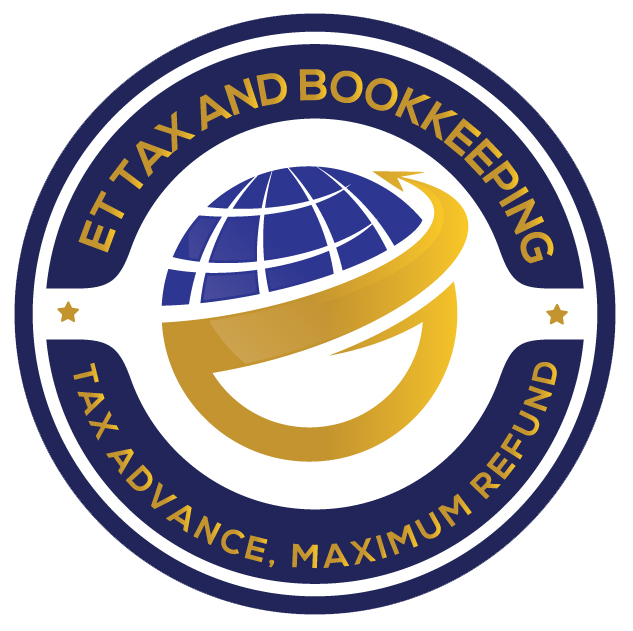How to Prepare Your Accounting Books for Tax Season.
Preparing your accounting books for tax season is crucial to ensure compliance with tax regulations and streamline the filing process. This blog provides practical steps and tips to help small business owners and freelancers organize their financial records effectively for tax preparation.
Importance of Organized Accounting Books
Effective tax preparation starts with well-organized accounting books, which serve as the foundation for accurate financial reporting and tax filings. Here’s why it matters:
1. Compliance: Organized books ensure that you meet tax deadlines and comply with reporting requirements, avoiding penalties and audits.
2. Efficiency: Streamlined records save time and reduce stress during tax season, enabling you to focus on your business instead of scrambling to gather information.
3. Financial Insights: Clear financial records provide insights into business performance, helping you make informed decisions and plan for future growth.
Steps to Prepare Your Accounting Books for Tax Season
1. Gather Documentation:
- Collect all relevant financial documents, including income statements, expense receipts, bank statements, invoices, and payroll records.
2. Reconcile Accounts:
- Ensure all transactions are accurately recorded and reconcile bank statements to match cash balances with your accounting records.
3. Review Deductions and Credits:
- Identify eligible deductions and tax credits applicable to your business, such as expenses for supplies, equipment, travel, and employee benefits.
4. Update Depreciation and Amortization:
- Review and update depreciation schedules for fixed assets and amortization schedules for intangible assets to reflect current values and tax regulations.
5. Organize Financial Statements:
- Prepare essential financial statements, including the balance sheet, income statement (profit and loss statement), and cash flow statement, for comprehensive financial reporting.
6. Conduct a Final Review:
- Review financial records for accuracy and completeness, correcting any discrepancies or missing information before finalizing tax filings.
Tips for Streamlining the Tax Preparation Process
- Leverage accounting software to automate data entry, generate reports, and facilitate tax calculations, improving accuracy and efficiency.
2. Seek Professional Guidance:
- Consult with a tax professional or accountant to navigate complex tax laws, maximize deductions, and ensure compliance with regulatory requirements.
3. Plan Ahead for Next Year:
- Establish a system for ongoing record-keeping and tax planning throughout the year to streamline future tax preparations and minimize last-minute stress.
Preparing your accounting books for tax season is a proactive step towards financial transparency, compliance, and efficiency. By following these steps and utilizing available tools and resources, you can streamline the tax preparation process, minimize errors, and focus on driving business success. Remember, organized financial records not only simplify tax filings but also provide valuable insights into your business’s financial health and performance.








